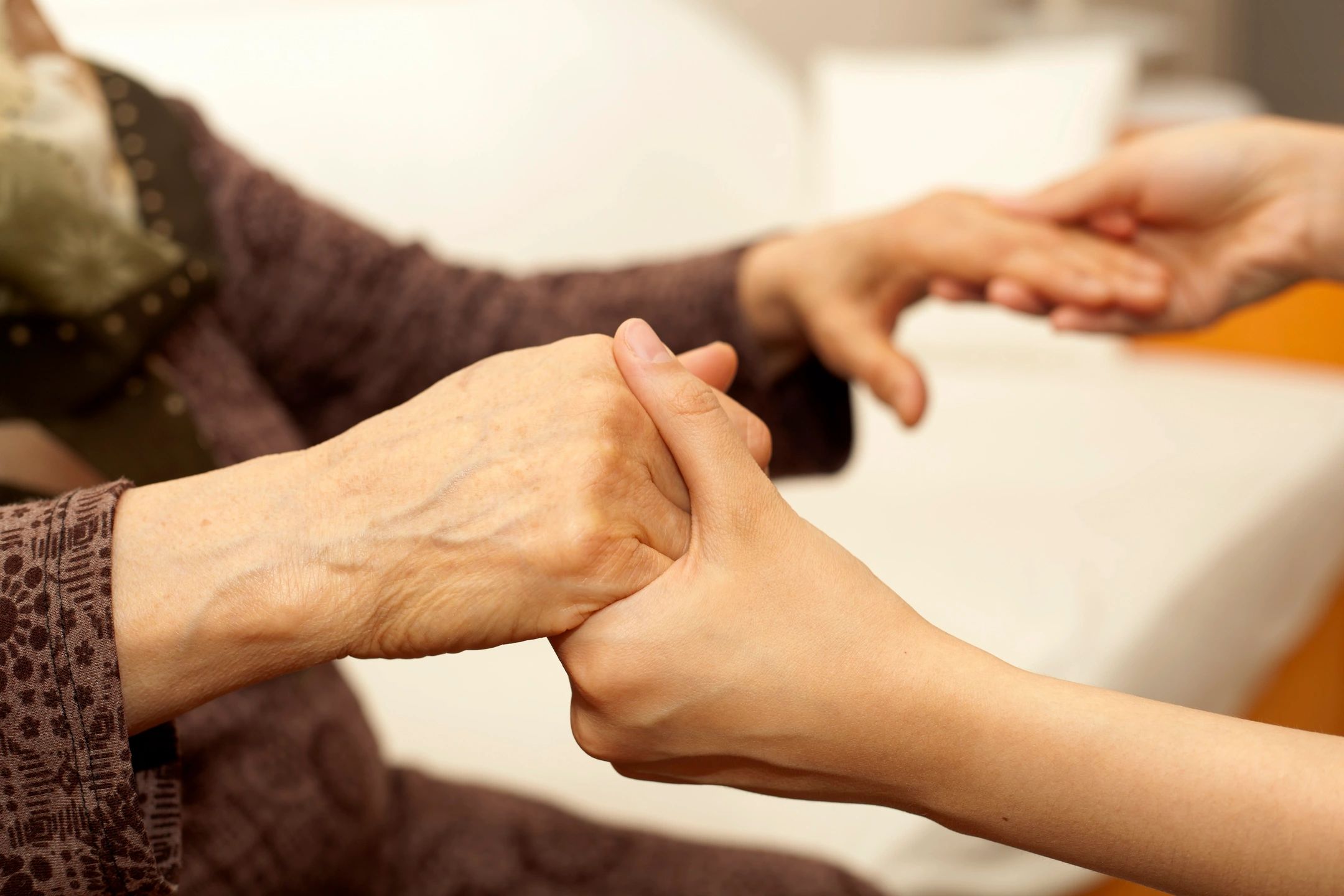Grief & Loss. These past few years have given us unimaginable grief and loss. Some of this was of social interaction. Some of the grief is actually due to losing people that we love. The passing of people we love is an entirely different deal. Grief is a normal human response to the loss of a loved one, and it can show itself in many ways.
Grief moves between stages from disbelief and denial, to anger and guilt, to finding a source of comfort, to eventually dealing with the loss.
Our community, specifically, has experienced some sudden losses of loved ones that are hard to deal with.
It is normal for survivors of loss to experience grief. For survivors, the grieving process can take a long time. The challenge of accepting death and dying as the end stage of life is what the grieving process entails.
Grief and Loss. What is the difference between anticipatory grief versus sudden loss?
Anticipatory grief. This happens when someone has a lengthened illness, and the patient as well as the family expects death. Anticipating the loss of a loved one can be as painful and stressful as the actual act of losing that person. Anticipatory grief allows the family to prepare for the inevitable death. This can be a time to come together over issues and concerns, and seek the support of therapists, family, and friends. It is also a time to decide the loved one’s wishes for funeral and burial arrangements and other end-of-life issues.
Sudden Loss of a Loved One
Sudden loss. This is much different. A death that happens unexpectedly and suddenly, like a fatal accident or heart attack. We have seen these in our community as of late. These tragedies can leave survivors feeling shocked and can be very confusing. Loved ones of the deceased are often left with lots of questions. There are unresolved issues, and a wide range of emotions, including anger, guilt, and pain. Support from family, friends, and counselors or clergy is important to people experiencing sudden loss.
We have experienced too many of these in our Savannah community recently. And we at Waters Edge Counseling are here to help.
So what are the symptoms of grief?
For the person that is facing death and survivors after the death of a loved one, it is natural to experience a myriad of symptoms of grief.
What are the physical symptoms:
- Lack of energy or fatigue
- Headaches and upset stomach
- Excessive sleeping or overworking and excessive activity
What are the emotional symptoms:
- Memory lapses, distraction, and preoccupation
- Irritability
- Depression and feelings of euphoria
- Extreme anger or feelings of being resigned to the situation
What are the spiritual symptoms:
- Feelings of being closer to God or feelings of anger and outrage at God
- Strengthening of faith or questioning of faith
The Different Stages of Grief
It is normal for people who are facing death, as well as those they leave behind, to move through many stages of grief. For the survivors, the grieving process can last for several months or for 2 to 3 years or more.
These stages of grief do not necessarily fall into a set order, and vary greatly from one person to another. People may move in and out of these stages at different times throughout the grieving process. These stages include:
- Shock
- Depression, loneliness, and a sense of isolation
- Physical symptoms, such as headaches, body aches, or stomach distress
- Feelings of panic
- Guilt
- Anger
- Inability to return to daily routine
- Return of feelings of hopefulness
- Acceptance
If you or a loved one is experiencing a grieving period that seems to last longer than it should, you may want to seek professional counseling – our therapists at Waters Edge Counseling are trained to help you through this.
What can you do for those suffering a loss?
- Sending cards or flowers
- Preparing food
- Providing child care
- Household chores
- Contributing to a cause which is meaningful to the family
- Offering transportation
You should also consider the following:
- Always be available. Sometimes, when people are grieving, they do not want to talk or listen, nor do they want you to talk or listen. They simply want you to be there for them.
- Definitely allow the grieving person the full range of his or her emotions, including anger and bitterness, which may sometimes be expressed against the healthcare providers, their higher power, or even the loved one who has died.
- Please be patient and understanding, but not patronizing. Do not claim to know how the other person is feeling. Do not force the person to talk or share feelings if he or she does not want to.
- This is important – don’t be concerned about mentioning the deceased person’s name or sharing a fond memory of the person while in the company of the bereaved. They, too, are thinking about their loved one, so it is acceptable and natural to bring the name into conversation.
- Remember that grieving takes time and is a natural human process. No matter how much you want to “stop the hurt,” the bereaved must endure the grieving process. Allow them time and care for them as they move through it.
- A person who is grieving for over a year should be evaluated by a healthcare provider
What if there is Abnormal bereavement?
Outreach efforts are important to help those in need of these services. Depression, suicide, anxiety, and often complicated grief are the most common negative psychological traits associated with loss. Our counselors are here to help.
If you need more support
Waters Edge Counseling has therapists trained to help you through this time. Please contact us for more information – we have a Grief Counseling Group for adults starting Friday, January 28th. These sessions will take place from 4pm-5pm. Call us for more information at 912.319.5552 or email us at info@watersedgecounseling.com



